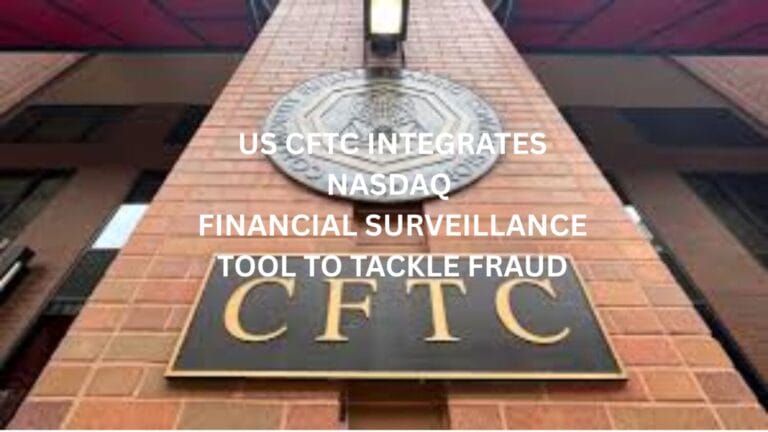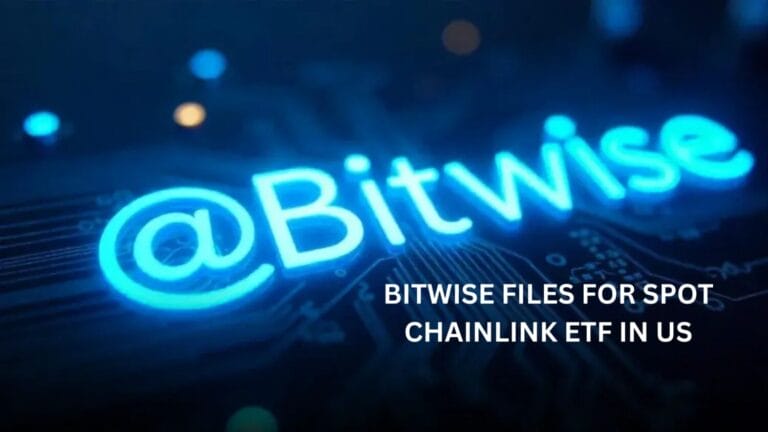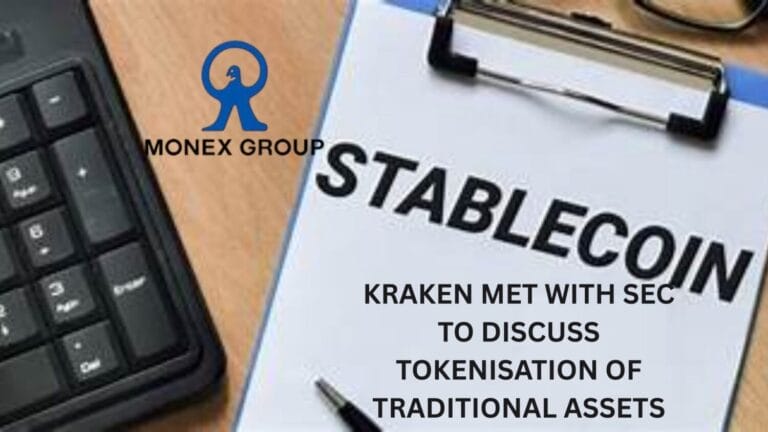Key Takeaways
- “Fenwick is not liable for aiding and abetting a fraud it knew nothing about,” the filing stated
- Investors had argued that Fenwick played a central role in structuring deals and legal frameworks that enabled the misconduct.
A legal dispute over FTX’s downfall has drawn Fenwick & West into the spotlight again, with the Silicon Valley law firm rejecting claims that it facilitated the exchange’s fraud. In a filing submitted on Monday, Fenwick described the accusations as “facile” and “flawed,” insisting that its work amounted to routine legal services.
The filing dates back to 2023, when investors filed a class action against a range of defendants connected to FTX. Plaintiffs now want to expand the case, citing evidence from bankruptcy proceedings and testimony during Sam Bankman-Fried’s criminal trial. They argue that Fenwick played a central role in structuring deals and legal frameworks that enabled the misconduct.
Fenwick has however, rubbished the allegations“Fenwick is not liable for aiding and abetting a fraud it knew nothing about,” the filing stated, arguing that the firm’s services were consistent with what outside counsel typically provides.
Testimony from Nishad Singh, the exchange’s former engineering head, has been put forward by plaintiffs as proof of Fenwick’s involvement in loan arrangements. The law firm countered by pointing out that Singh’s remarks referred to standard founder loan structures and did not suggest concealment of customer funds.
“Singh testified that Fenwick merely advised on how to structure founder loans, which are common instruments for closely held companies like FTX,” the firm said.
The suit also claims Fenwick assisted in the launch and promotion of FTT, FTX’s exchange token, in violation of state securities laws. The firm has claimed that these assertions were “frivolous” and “untimely” by the firm, which said that the tokens were introduced only after courts allowed securities-related claims to proceed against celebrity endorsers of the token.
The amended complaint against Fenwick mirrors earlier allegations against Sullivan & Cromwell, another prominent law firm. Sullivan was eventually dropped from the litigation after a court-appointed examiner found no evidence that it had knowledge of FTX’s fraudulent activities. Fenwick highlighted that precedent, saying plaintiffs had no reason to sustain similar claims against it.
The filing also underscored testimony given during Bankman-Fried’s trial. Multiple witnesses, including internal lawyers, employees, and outside advisors, stated that they were unaware of the fraud while working with FTX. Fenwick argued that its position was no different from theirs.
The court has yet to decide whether the investors will be allowed to expand the lawsuit to include the new allegations against Fenwick.










